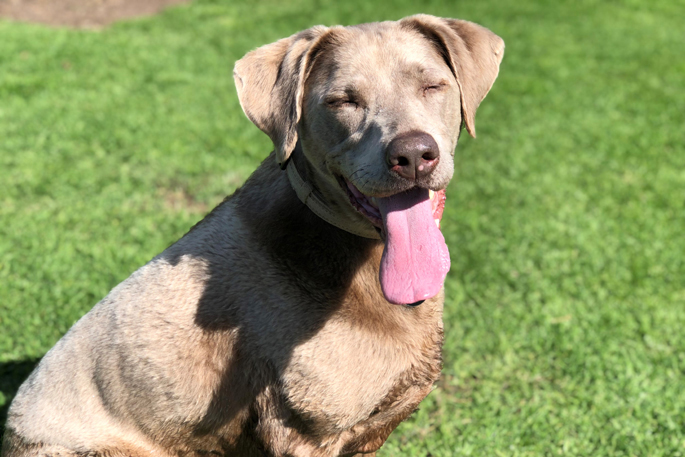Several cases of parvovirus has occurred in puppies in the Western Bay in recent days and the council's animal services officers are urging people to ensure their dogs are vaccinated against the disease.
Four puppies with parvovirus found this week by Western Bay of Plenty District Council officers were so ill they have had to be euthanised and checks are being done on the adult dogs.
Canine parvovirus, known as parvo, is a highly contagious viral disease that has most impact on puppies but is also seen in adult dogs, especially elderly or unwell dogs.
'The virus attacks the blood cells, affecting puppies' growth and the intestines, preventing the absorption of nutrients. A dog infected with the virus may not present symptoms for up to seven days,” says a statement released by the Western Bay of Plenty District Council.
'Infected dogs shed the virus in their faeces and body fluids and the virus is very stable and can survive for months in the environment. It is highly contagious between dogs.
'The virus can also be carried on contaminated clothing and footwear, so can be transmitted by humans as well as through direct contact with infected dogs.
'The best way to protect against this infection is through vaccination. Puppies need a complete course of vaccinations to ensure they are protected. Adult dogs may require regular boosters to maintain adequate immunity.”
Puppy vaccinations start from six weeks of age, and consist of three or more vaccinations. The puppy will not be protected until 7-10 days after the final injection.
Until this time the puppy should be kept on your property. Please check with your vet to find out more about vaccinating against this disease.



0 comments
Leave a Comment
You must be logged in to make a comment.